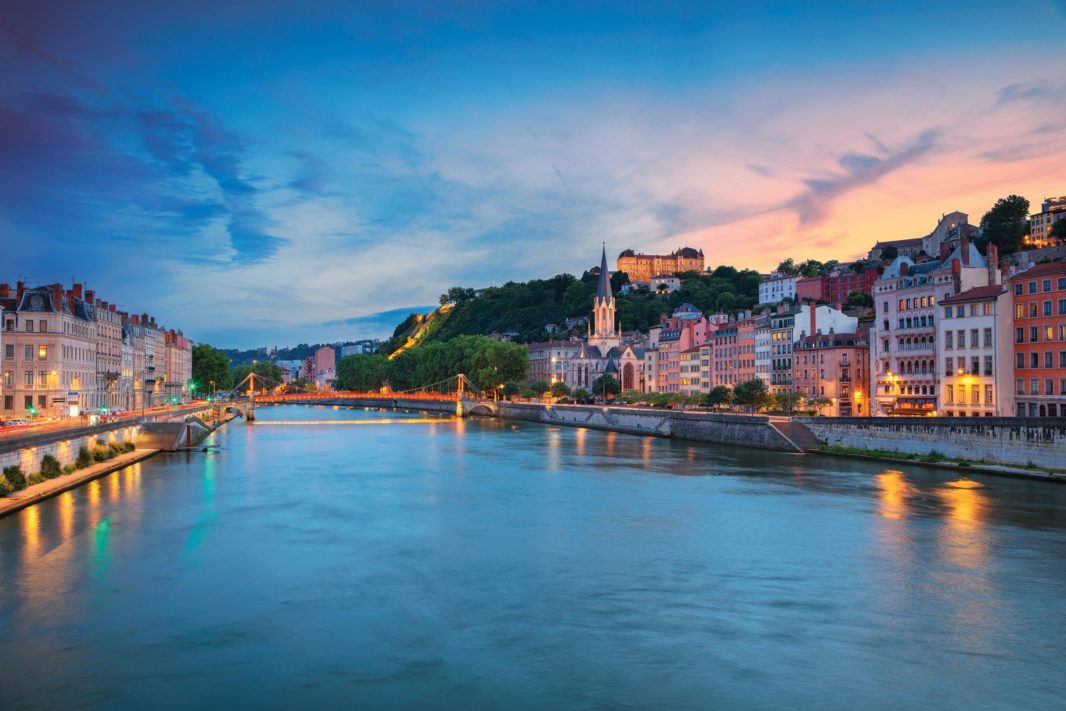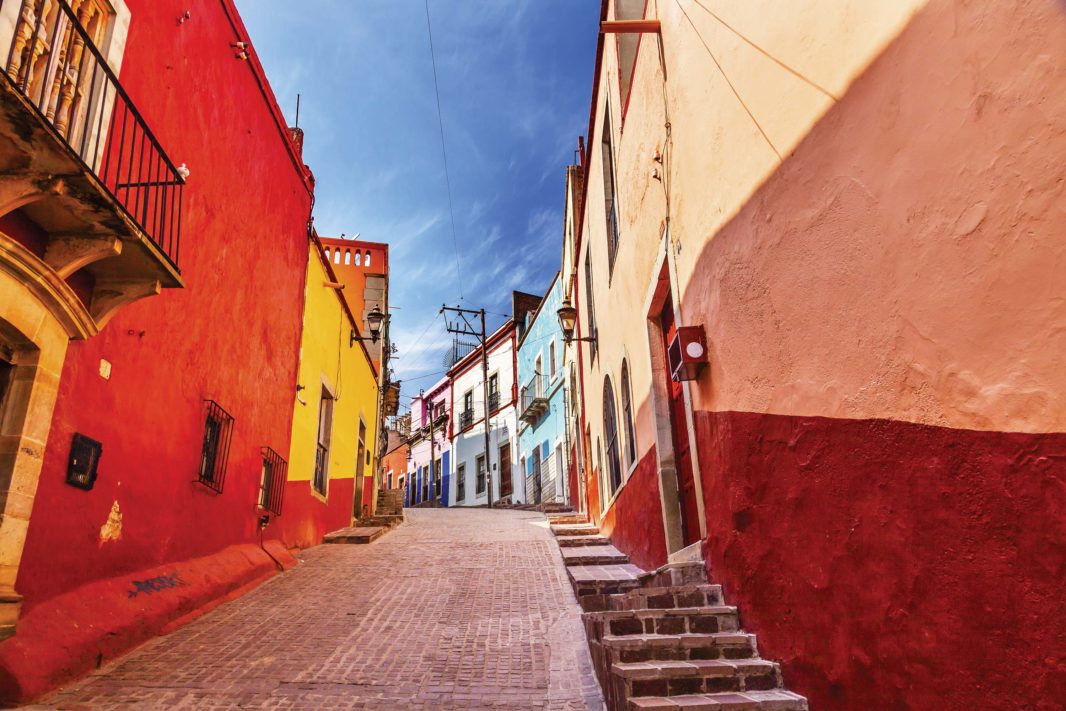What’s more valuable than vacation time?
Umm … nothing.
Two or maybe three weeks a year we escape the office or our regular routine to relax, explore and adventure. Even if your vacation budget is substantial, every moment and every dollar is precious.
We’ve got you covered. We spoke with travel experts to get their best tips to make your travel dreams come true and s-t-r-e-t-c-h your travel dollars for all types of trips: luxury, cultural, adventure or solo.
Plan Ahead, Or Jump?
Timing counts when it comes to relationships and travel. Make a travel “got-to-go” list and prioritize it, says Lisa Leavitt, owner of Active Travels in Newton, Massachusetts, an affiliate of Largay Travel, a member of the Virtuoso travel network. “Long-term planning can save a lot of money.”

RUDOLF BALASKO
Lyon, France
Travel agents and advisors can watch for deals on cruises, treks, and tours and help you snag one, says Racquel Gavel, owner of Boston-based Travel Repertoire. For solo travelers, Gavel watches for specials that might avoid the dreaded “single supplement” fees. A single supplement fee happens when a cruise or tour that typically books by couple charges a single participant an elevated price in an effort to recover lost revenue.
Savvy travelers should also prioritize their travel spending, even for a lavish trip to Europe, perhaps spending $25,000. Look at airfare upgrades, top-notch hotels, must-do excursions and other details and figure out what’s important to you. “Every single client wants to spend that money differently,” says Teresa Chope, founder of BOOST Journeys, Boston.
Travel agents sometimes charge for their services, but if you’re busy, they can do all the legwork on a complicated trip. Find an advisor who specializes in the kind of trips you’re interested in, and ask for a fee schedule upfront.
Most travelers know you’ll pay a premium for waiting too long to book airfares or for traveling during high season. But, there’s a flip side: Sometimes last-minute travel deals and flexible dates can net you big savings, says Lisa Lee Freeman, co-host of the podcast “Hot Shopping Tips.”
Sometimes last-minute travel deals and flexible dates can net you big savings.
Freeman recommends setting up airfare alerts on Google Flights, Kayak and Airfare Watchdog. Use airline credit cards to accumulate reward miles, forgo foreign transaction fees, and obtain benefits such as free checked bags and rental car insurance. And, don’t ignore coupon books—some offer deep discounts on tours, activities, restaurants and spas.
Once you’re at your destination, you can venture beyond tourist centers into neighborhoods and outlying areas, which will make your travel more meaningful, authentic and, likely, less expensive. In Italy, many folks want to visit the Amalfi coast, but there are “villages just near there that are so nice,” says Chope. “You’ll have a better trip if you get off the beaten path.”
Negotiate, All-inclusive Resorts, On-site Tour Leaders
Are you booking a condo in Hawaii or elsewhere? Don’t be afraid to negotiate for a price that’s different to what’s listed. If you’re traveling in the off-season, ask for a lower rate. If you’re booking a longer stay, ask for an extended-stay rate. Or, for short stays, in between longer bookings at a chosen property, request a “fill-in” rate.

BILL PERRY
Guanajuato, Mexico
“I negotiate with VRBO owners for Outer Banks fill-in days,” says Freeman. She advises travelers to be courteous and respectful in requesting discounts.
Freeman also asks for lower rates when booking hotels at the last-minute. “You don’t have to ask for a price—let them throw out the first price,” she says.
While the occasional owner or hotel employee may get huffy, most are fine with negotiations, and, even, have come to expect it.
Leavitt recommends booking all-inclusive resorts in some places. At an all-inclusive resort, your room, food and activities are included in a single price. This can save you money over buying each element separately. It can also be more convenient if you don’t have to go out and look for restaurants at every meal or need to search for reputable and reasonably priced activities.
“It’s not only a savings, but it can be much more convenient,” she notes.
For better prices book direct with on-site agencies and ground operators who work in the countries.
Leavitt plans many active adventure trips. Large multi-country tour operators, such as World Expeditions and National Geographic Expeditions, usually subcontract their safaris, treks and other active travel to on-site tour operators. For better prices, Leavitt books direct with “on-site agencies and ground operators” who work in the countries where she sends clients.
Travel and Medical Insurance Is Worth the Expense
Travel experts say there’s a growing list of countries that won’t even allow you in without proof of medical insurance for travel (not a U.S. medical insurance policy), including Antarctica, Russia, Cuba and Schengen countries, such as the Czech Republic.
Likewise, tours often require travel insurance with medical coverage. Buy “first payer” medical insurance, which pays first regardless of any other coverage, says Gavel. Without it, “You might not even be allowed in a hospital—or they might want a cash guarantee.”
Gavel recommends two travel insurance companies: Travelex Insurance and Arch RoamRight. And she advises clients to get a medical evacuation policy (sold annually and valid in the U.S.) from MedJet, an air ambulance service.
She advises clients to get a medical evacuation policy from MedJet.
Gavel says insurance is “particularly important” for solo travelers. “You need to know you’re covered; if something happens abroad you can really feel alone.”



 4 min read
4 min read

